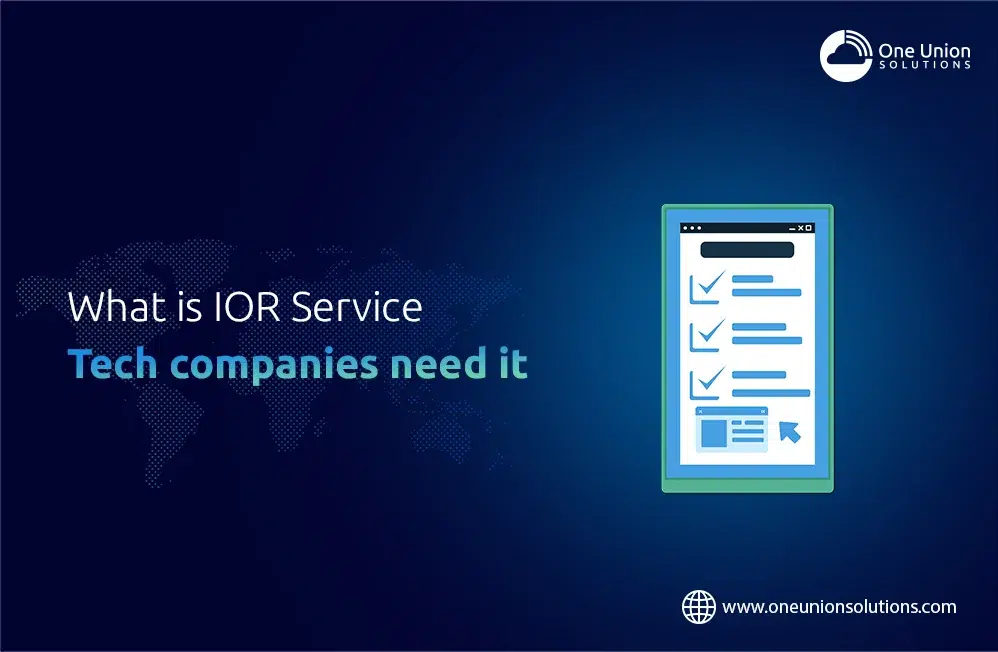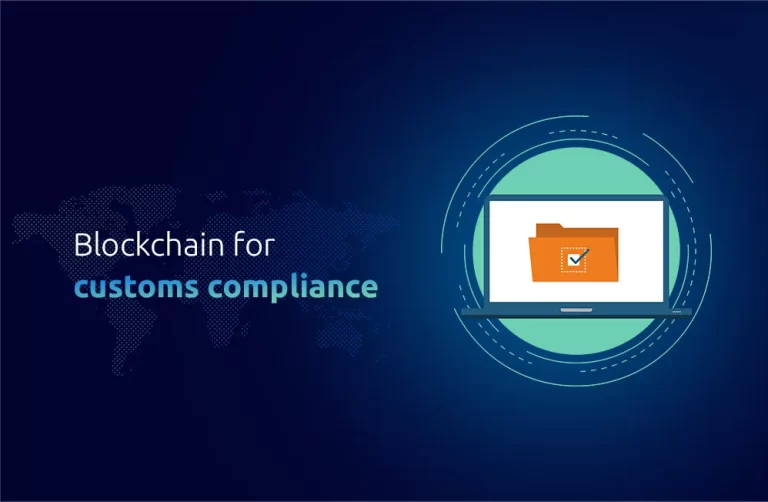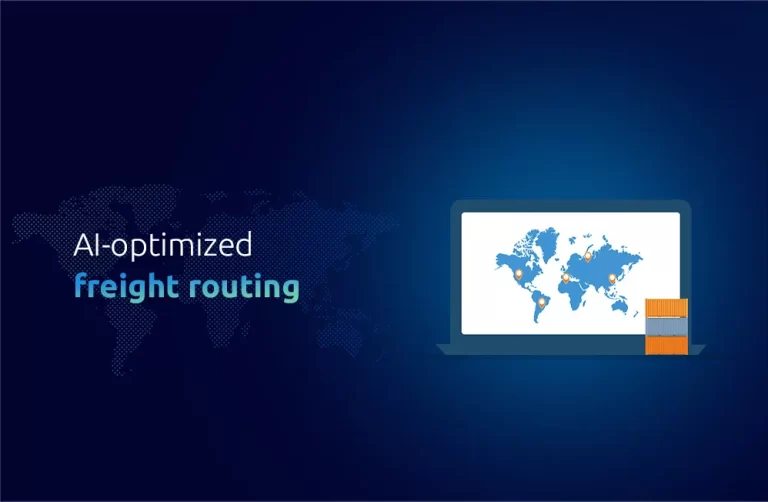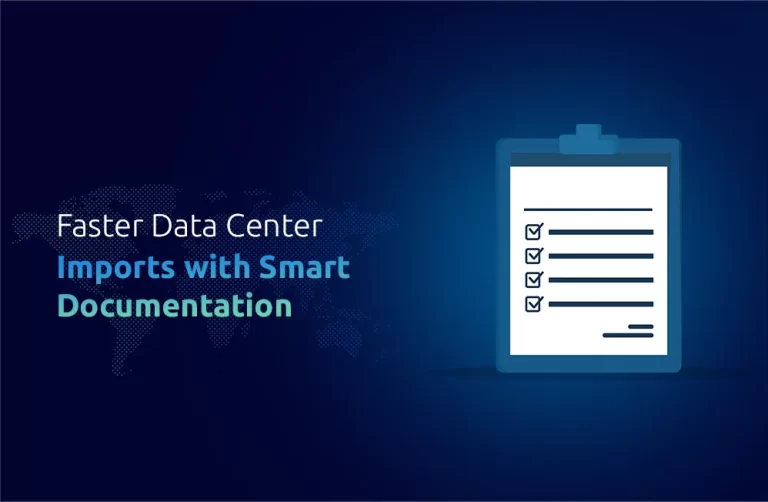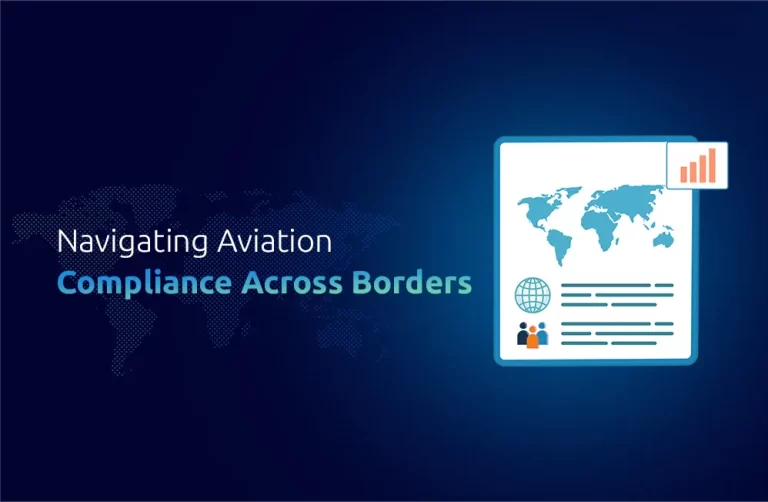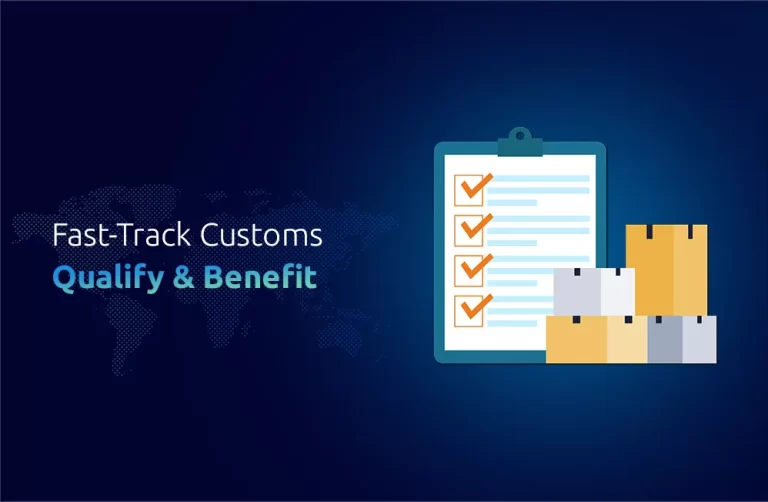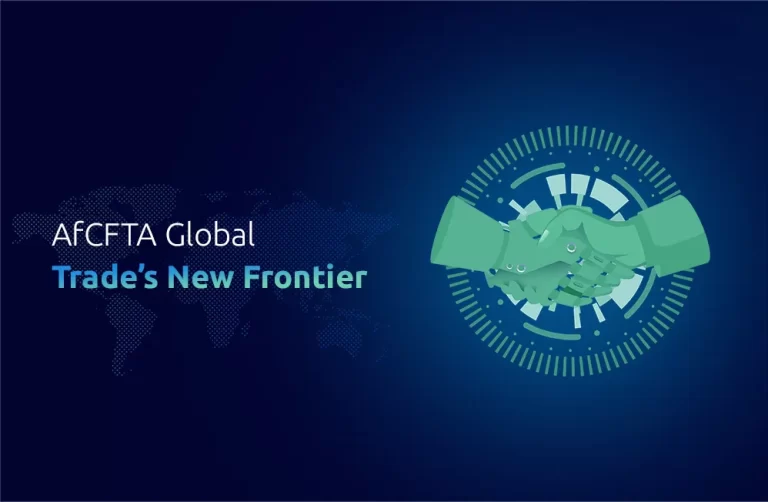When a company intends to import products, it quickly discovers that it has to have a personal presence or a delegate in the country of import.
Introduction to Importer of Record Service
The IOR Service, i.e., importer of record service, responsible for handling all local legal obligations relating to import taxes, levies, customs, and documentation, plays a crucial part in this.
Must your business serve as its own IOR service provider? Or would using an outside Importer of Record be more suitable? The answer to this is dependent on several factors. The top six aspects that make IOR service the best choice are as follows.
Goods sold by the seller on (DDP) incoterms
This frequent occurrence is when a merchant, reseller, or dealer sells Products to a buyer with a global presence and stipulates in the contract that they would handle all logistics. The Delivered Duties Paid (DDP) incoterm frequently uses arrangements of this nature.
The Delivered Duties Paid (DDP) incoterms reflect the seller’s utmost financial and risk-taking accountability; therefore, the import procedure must go without a hitch. If the vendor lacks an entity within the country or their local staff doesn’t understand and know the IOR’s job, then the best option to reduce the risks connected with The Delivered Duties Paid agreements is to use an external IOR service.
The customer doesn’t wish to be named the IOR
The customer may not wish to be named as the IOR for various reasons, such as if the products are destined for a small, far-off place or an office where staff members’ jobs are unrelated to importation or
Trade Compliance
Another reason could be that the products are owned by the company’s headquarters elsewhere yet would be considered taxable assets if imported against its local organization.
The end user lacks a local legal business entity
In data centers, a large volume of rack space is rented or used by some organizations to offer online or electronic commerce (E-commerce) services; however, it’s highly typical for the customer not to have workers on-site. In this circumstance, an external importer of record service can act as the IOR service provider.
Lack of knowledge of Trade Compliance
Although the customer may have a local entity and a large staff, this does not necessarily imply that the local personnel is knowledgeable or skilled in trade compliance. Some countries have complicated import procedures, and licenses for importation take a lot of work to obtain. An IOR service covers the lack of knowledge and offers the importer comfort in such countries.
Companies cannot stay current with the shifting requirements of international trade
Despite being able to handle trade compliance locally, the customer may still hire an importer of record service to lighten their workload as import procedure can be labor-intense and complicated.
Additionally, it’s critical to stay current with evolving import standards and procedures. It is frequently more effective to use an external importer of record service if local staff members find it challenging to keep current.
Lacking the authorizations required for importing products
Even if they have a registered corporation, some countries require businesses to go through various registrations and certificates to be allowed to serve as importers.
The ideal option is to use the services of a licensed importer of record when it takes too long for personnel to comply. Another reason for using an IOR Service may be too expensive certification cost. Importer solutions provided by the importer of record service will make the complex procedure of import simple.
Three top most reasons why an Exporter of Record service is needed
An EOR, i.e., Exporter of Record, is stated as the owner or seller of products being exported globally, just as the Importer of Record is acknowledged as the owner or buyer of imported goods.
They are responsible for ensuring that all exported commodities abide by the destination country’s national and international exportation laws. The primary motivations to outsource this role by a business are often identical to those previously described.
The exporter is unfamiliar with the exporting procedure
A business might not want to be the EOR if it’s simply unfamiliar with the complex exporting procedure and hasn’t got any time or internal resources to pick it up quickly.
Additionally, if the products are controlled, the export procedure requires much more than simply giving the things to a courier service along with their contact information.
No in-country presence
Goods may occasionally have been lent for a predetermined time or included in a service contract. The items must be shipped back to the country of origin after that agreement expires.
However, they might not be able to serve as the EOR if they weren’t the original importer and weren’t the owner of the products. Additionally, if they stored the products in a data center, there might not be enough staff or expertise to support export.
When the Exporter of Record is for Reverse Logistics
A reverse logistics system enables end-users to return merchandise due to defects and items under Return Material Authorization (RMA) or items past their best use date. Such situations require an Exporter of Record (EOR), but usually, the end-user refuses to fulfil this role because of uncooperative behaviours or inability to do so. Complex rules or procedures established by the receiving country create strong opportunities for this scenario.
An outside Importer of Record (IOR) is the best solution. An IOR accepts full responsibility for managing import operations, regulatory compliance, and clearance for returned goods customs. Businesses operating in e-commerce require the expertise of an Importer of Record to handle customs procedures and shipping regulations during the process of returning merchandise to customers.
IOR and EOR paired strategies create simplified systems to achieve effective international trade operations, including reverse logistics to meet all necessary legal restrictions for incoming and outgoing products.
How One Union Solutions can become your IOR partner in 170+ countries worldwide
Importer Solutions identify permissible exemptions that can be applied to allow the import/export of goods for clients who do not have the time, money, or staff to invest in these expensive and time-consuming certificates and licenses. We as IOR service provider can take advantage of these exemptions in the overall import process.
Looking for IOR Service Provider? Contact Our IOR Professional Now

